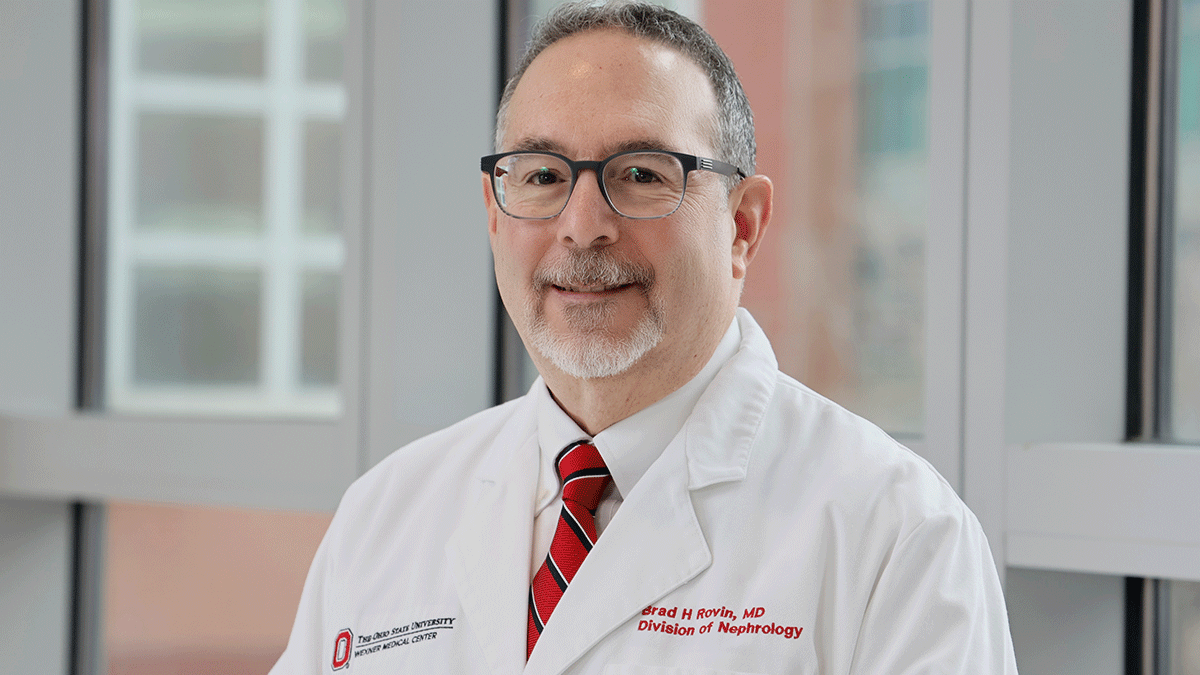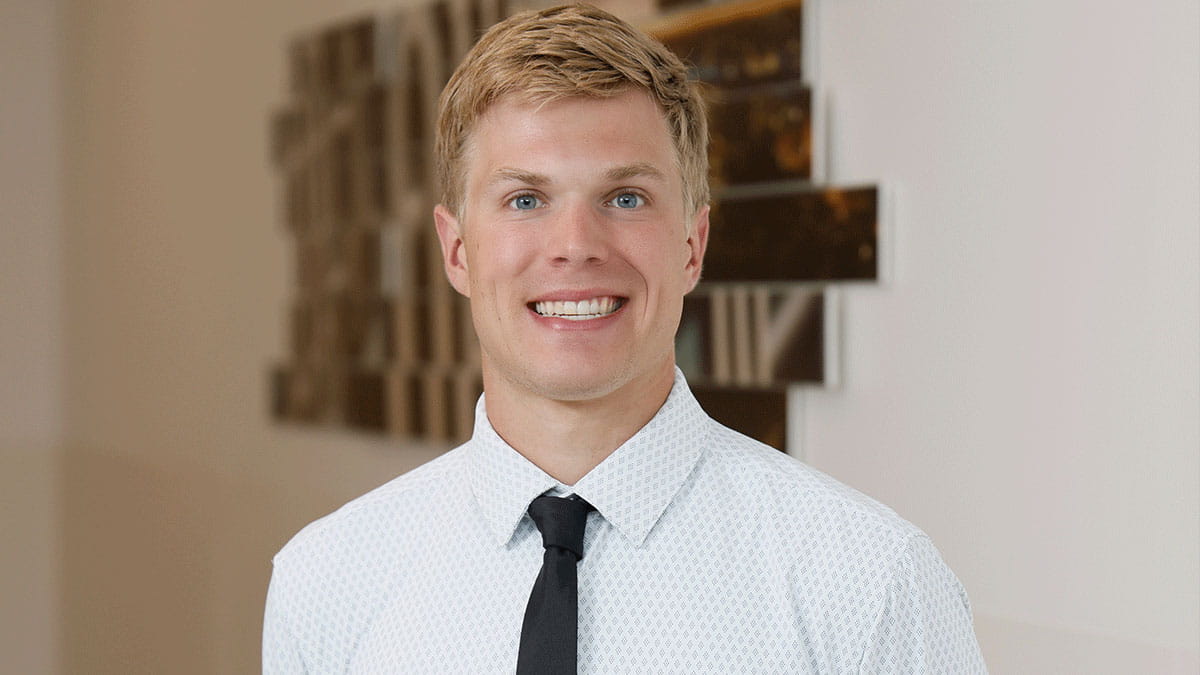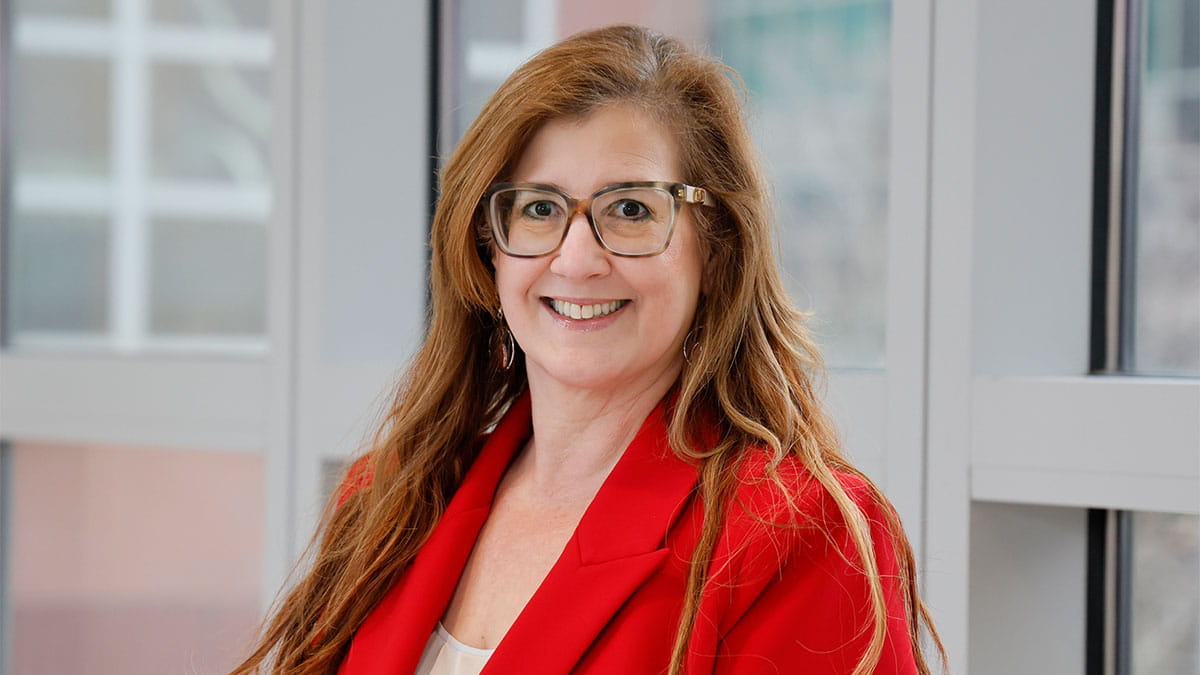Physician-Scientist Connectome Program integrates support to combine research with clinical training

The Ohio State University College of Medicine has built a framework that broadens the number of “on-ramps” for medical students, resident physicians and early-career faculty members interested in integrating research into their clinical training. The Ohio State College of Medicine’s Office of Physician-Scientist Education and Training (PSET) combines the career development of young physicians and its academic mission to pursue novel disease prevention and treatment strategies.
A new year-long initiative, the Physician-Scientist Connectome Program, features quarterly informal events that connect medical students, residents and fellows with peer mentorship and structured support so they can effectively develop the necessary competencies needed to excel on the physician-scientist pathway.
According to Ginny Bumgardner, MD, PhD, a professor of transplant surgery and the associate dean for PSET at the college, the focus on developing a structured pathway that supports research taking place now with what will take place in the future is key to bridging the scientific world with the clinical world.
“It is imperative to steward innovative individuals working to improve medical care through dedicated time to research basic and translational science,” Dr. Bumgardner says. “Physician-scientists are very valuable resources, and we need to build partnerships to develop and support their extensive work.”
The Connectome program, hosted by the college’s Medical Scientist Training Program (MSTP) and Physician Scientist Training Program (PSTP), began at the start of the fall semester with a social gathering at a local park near campus. Upcoming events include a winter peer-mentorship session discussing shared challenges faced on the physician-scientist training track, a spring research symposium championing collaboration and innovation, and a summer workshop advancing Ohio State’s program preparing physician-scientists for their next career steps.
Kristin Weeks, MD, PhD, who is also a PSTP hematology and oncology fellow, shares that the university champions physician-scientist trainees within their given programs, and says this new program provides them needed opportunities to meet with many peers.
“I think the Physician Scientist Connectome Program newly creates a culture of support and interconnection across the existing programs,” Dr. Weeks says. “It also creates an umbrella to connect with physician-scientist trainees outside these established programs.”
Bella Lee, who is a PhD candidate and an MSTP trainee, shares that the first event was a tremendous success and that she feels the events contribute to their ongoing efforts to fortify the physician-scientist pipeline.
“The physician-scientist career path can be a long and lonely one, and this program has been an amazing way to meet other peers at all phases of training and receive more ‘near peer’ mentorship,” Lee says. “Creating this space to share the challenges and successes of a physician-scientist career has reinforced my desire to pursue both medicine and science.”



